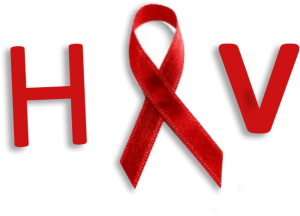Post Exposure Prophylaxis
PEP stands for post-exposure prophylaxis. It means taking antiretroviral medicines (ART) after being potentially exposed to HIV to prevent becoming infected.
Please contact us at the earliest, if you are HIV-negative or don’t know your HIV status, and in the last 72 hours
– you think you may have been exposed to HIV during sex (for example, if the condom broke),
– shared needles for intravenous drugs, or
– were sexually assaulted
PEP must be started within 72 hours after recent possible exposure to HIV, but the sooner you start PEP, the better. If you’re prescribed PEP, you’ll need to take it once or twice daily for 30 days. It is not a substitute for regular use of other proven HIV prevention methods, such as using condoms the right way every time you have sex or pre-exposure prophylaxis (PrEP), which means taking HIV medicines daily to lower your chance of getting infected; and using only your own new, sterile needles and works every time you inject drugs.
PEP is effective, but not 100%, so you should continue to use condoms with sex partners and safe injection practices while taking PEP. These strategies can protect you from being reexposed to HIV and other STDs and reduce the chances of transmitting HIV to others if you do become infected while you’re on PEP.
If you’re a health care worker and think you’ve had a possible HIV exposure at work, please feel free to contact us immediately.
